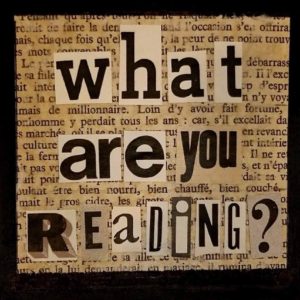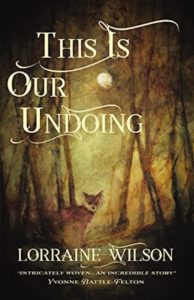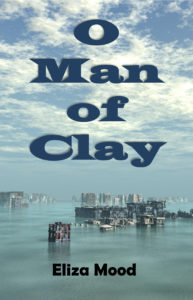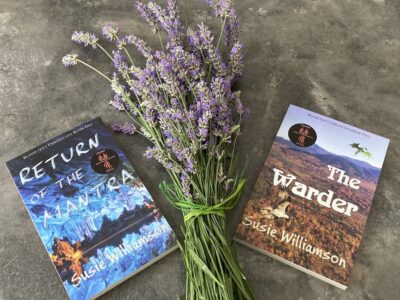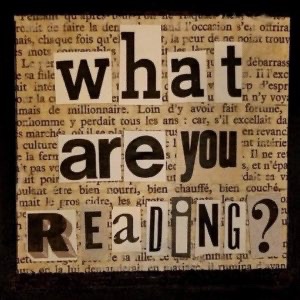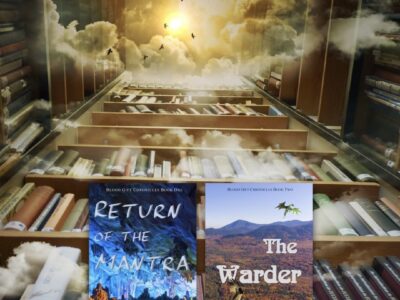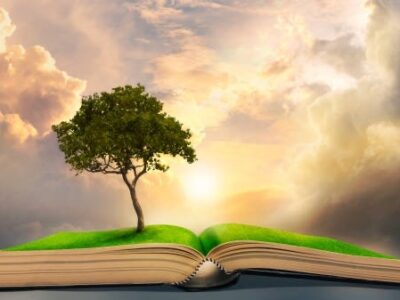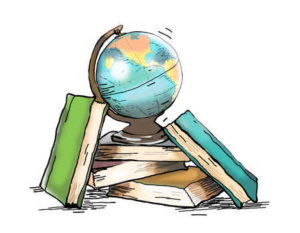
I recently saw a thread on twitter, asking the question, ‘Should we celebrate things when doing so feels like a travesty?’ There’s so much happening in the world that is hard, heart-breaking, scary and overwhelming. Is it then wrong to celebrate World Book Day, art, or the women who inspire us? Finding strength and empathy in times of crises requires resilience. Hopelessness leads to apathy; powerlessness leads to paralysis. So how do we build resilience that allows us to fight for change and do what is within our power?
Perhaps we build resilience through hope, and stave off despair by sharing ideas, strength and joy. That magic ingredient which energises each of us is individual to who we are. For me, it’s stories, books and art, community, and common goals that create positive change. And so, themed on International Women’s Day, comes my blog of two parts. Art news is still to come, but first, a blog from my world of books.
I have many favourite women authors: Octavia Butler, Nnedi Okorafor, Ursula Le Guin, to name a few. All are/were pioneers in their own right, and creative witnesses to the past, present and future. I was delighted to receive a short but sweet recent review of my novel, The Warder, and to be compared to the mighty Ursula Le Guin (blush).
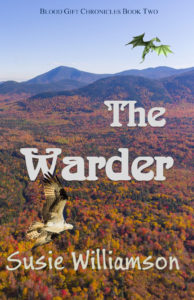
And in celebration of International Women’s Day, I joined the lovely folks of Stairwell Books for an online event, alongside other authors and readers, sharing readings and discussion on the subject of eco feminism, climate change, and the place of fiction. It was great to hear readings from Border 7 and O Man O Clay, two dystopian novels I’ve read and loved. As I gave a reading from my own, Return of the Mantra, I was reminded of the origins of my debut. A fantasy novel with themes of climate change, and contrasting worlds inspired by the landscapes of the Sudan, and South Africa, where I once lived.
Quick recap: The main character is a young woman called Suni. She’s brought up in a desert town ruled by a tyrant leader. All she has known is desert and drought that has lasted for decades. She’s been raised to believe in the old ways of the Mantra, which has a mythology around the cause of the drought. And so begins her story of self-discovery and identity, and a fight for the natural world. She believes the resistance of old are dead, and that there is nothing beyond desert, until she discovers a hidden world where nature is hanging on – I won’t give more away, but on the subject of positivity, I went for an extract that inspires hope.
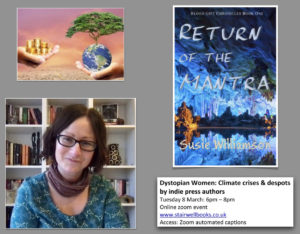
Click here for the YouTube link to the event, and my extract reading.
It’s what I think fiction can do well, give hope: bring empathy where it’s lacking, shine a light on injustices, show us how strong we can be when the odds are stacked against us, or just allow us the joy of reading. We drive our characters on through thick and thin, and (unless they don’t!) they survive. Themes of climate change run throughout the backdrop of Return of the Mantra. In the following sequels, the story takes a different turn as the world unfolds, but nature still features. I hadn’t necessarily planned it that way, but as I work through Blood Gift Chronicles Book 3, I realise how closely my characters live alongside wildlife. Perhaps there’s hope we can all close the gap between humanity and the natural world.
What are you reading?
